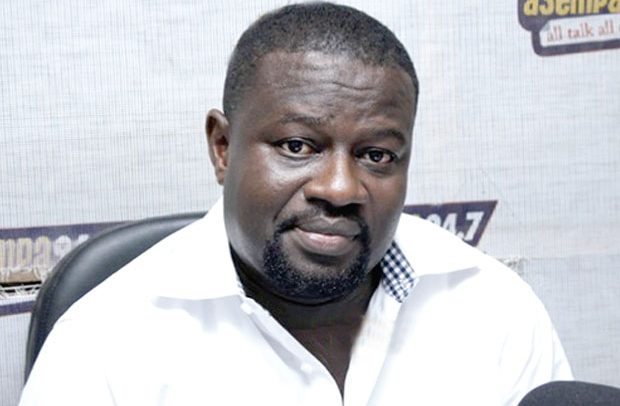Frank Annoh Dompreh
MAJORITY CHIEF Whip, Frank Annoh-Dompreh, says there has been an upward incremental growth in the country’s renewable energy development.
According to him, the development of renewable energy is in line with the government’s “National Determined Contribution (NDC)” towards the United Nations’ Framework Convention on Climate Change (UNFCCC) which is striving to adopt innovative and sustainable technologies within the renewable energy sphere to meet its commitment to the agreement.
“This great initiative forms parts of the government’s agenda to have 10% of our energy from renewable energy resources by the year 2030,” Mr. Annoh-Dompreh stated on the floor of Parliament Wednesday.
Delivering a statement on the progress of renewable energy in Ghana, the MP said subsequent to the International Renewable Energy Agency’s (IRENA’s) assessment of Ghana’s readiness to adopt energy from renewable sources in 2017, “major activities have taken place that addressed some bottlenecks.”
“Those identified focused on grid code priorities for the various power sources; the complex process of entering the market of renewable energy especially by Independent Power Producers among others,” he noted.
He disclosed that the government, in line with these ideologies, outlined several objectives, which include the goal to increase the proportion of renewable energy in the national generation mix by harnessing alternative energy options to ensure the expansion of low carbon energy in our economy.
“This government opted for the amendment of the Bui Power Authority Act, 2007 (Act 740) to enable Bui Power Authority perform some of the functions of the proposed Renewable Energy Authority and any function assigned by the Minister responsible for Energy in the area of renewable energy,” he stated.
Mr. Annoh-Dompreh said these functions were added to the original functions of Bui Power Authority under section 11 of the amended Act.
“With the Bui Power Authority (Amendment) Act, 2020, Bui Power Authority now has the legal mandate to execute renewable energy projects on behalf of the State, undertake its own renewable energy activities and undertake clean energy alternatives in the country,” he added.
The lawmaker said since 2017, the Government of Ghana, through Bui Power Authority, had made” big strides” as the renewable energy leaders.
He mentioned some of them as the Tsatsadu Micro Generating Station — A 45kW Tsatsadu Generating Station (TGS) at Alavanyo in the Volta Region developed by local expertise; and 50MWp Solar Project — 50MW of the 250MW has been completed, the first to be connected to the National Interconnected Transmission System (NITS).
“This is the largest renewable energy project in Ghana,” the MP indicated, and added that 5MWp Floating Solar PV — the BPA has completed the construction of an initial 1MWp of a proposed 5MWp Floating Solar PV System on the Bui reservoir.
For him, this is the first of its kind in the West African sub-region, and continued that another goal is to rapidly move to the adoption of a distributed solar energy solution for all government and public buildings to reduce demand on the national grid and reduce government expenditure on electricity.
“It will be in your utmost interest to know, the entire Jubilee House — the seat of government – has been powered with solar energy, an initiative that strongly shows the commitment and determination of the Akufo-Addo government to promote the development of renewable energy.”
“The 912-kilowatt solar panel, which was installed at the Presidency at a cost of US$1,494,350.00 to provide clean energy, is a great initiative,” he added.
BY Ernest Kofi Adu, Parliament House


